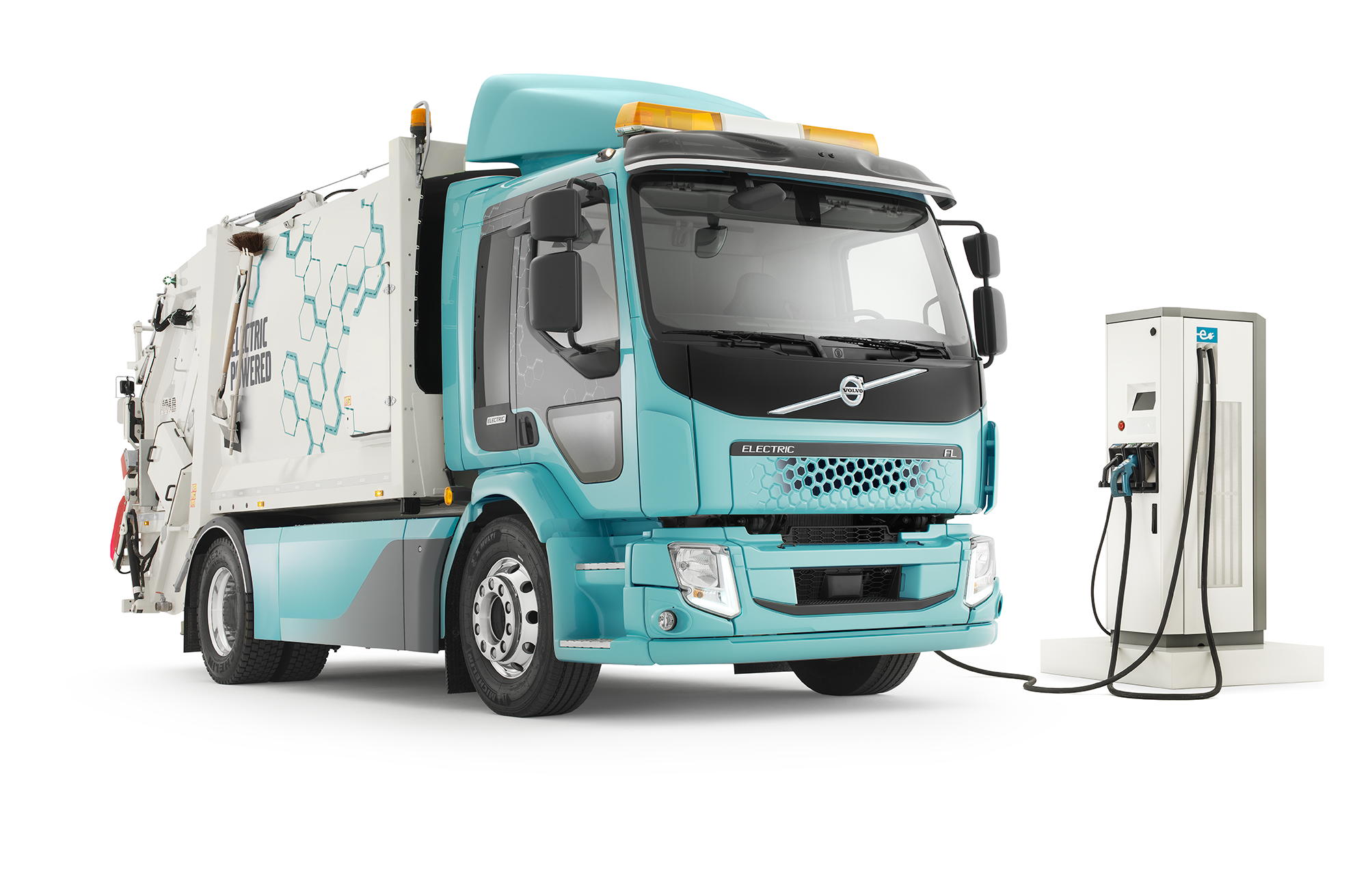TU Delft and Volvo collaborating on Prognostics for new generation of trucks
Transport is well on the road to circularity and sustainability. Battery electric cars and buses are already a common sight on our roads, and recent breakthroughs are boding well for fuel cell vehicles. Now it is time for trucks to join the transition to zero emission, and uptime is key to make this a success. In a new research project with the Volvo Group, Riccardo Ferrari of the Delft Centre for Systems and Control is looking to improve service life through predictive analytics.
Next generation heavy electric vehicles, such as electric trucks, can make an important contribution to worldwide efforts to curb greenhouse gases, but such vehicles should be robust to faults and be designed to optimize their maintenance. Existing model-based advanced diagnosis and prognosis algorithms can be used for fleets of complex vehicles, but they require considerable amounts of data to validate them for this purpose. Such large data sets may not always be available, especially during the design phase of vehicles. Yet diagnostics and prognostics for efficient and safe maintenance and repair are especially important in the early phases after product launch. Riccardo Ferrari explains: “Right now it’s still unclear for example how long a battery lasts and when maintenance is required. I want to develop a methodology that can predict the maintenance needs of vehicles, as this will allow the manufacturer to come up with smarter designs, as well as significantly reduce costs for the user.”
Riccardo Ferrari: “My background as a control systems engineer gives me the theoretical tools needed for dealing with fast dynamical systems and signals, even in the presence of sources of uncertainty. Therefore, my research focuses on discovering faint signals in noisy, and in this case sparse, data. These kind of signals will give us a sign of impending failure, which can have safety implications. My goal is to detect them early following their onset to avoid them occurring during service, so you can plan maintenance at the best moment and increase uptime. Besides this, I‘m also looking at ways of extending the life of electric heavy vehicles. Diagnosis and predicting their health status is the key to keeping their battery in service longer and then provide it with a second life in another application, instead of discarding it. This all helps towards a more sustainable and circular economy.”
SPARSITY: Using sparse measurements for predictive maintenance
One way to overcome data scarcity is by generating data through so called Digital Twins (DT): dynamical mathematical models that are used in lieu of the physical system, even before it is built. DT models still need data, however. “We plan to solve this conundrum by extending modelling and identification methodologies in order to cope with a particular kind of data scarcity: data sparsity. We will target cases where data is not continuously available over time, and fragmented over a large population of similar devices”, says Ferrari. “We will validate this novel approach in an industrial Proof of Concept for the diagnosis and prognosis of real automotive components.”
This is relevant for mass-produced systems where practical reasons prevent data to be collected, transmitted and processed continuously for the entire population. In the future, not just vehicles, but manufacturing and printing equipment, consumer and medical devices, robots, wind turbines could also benefit from Predictive Analytics (PA).
Jan Schouten, Manager Product Volvo Trucks Netherlands:
"Volvo Trucks is the leader in the field of electric trucks. Electric trucks are available for more and more applications. In the transport world, uptime is one of the most important requirements that our customers place on their trucks, both for diesel trucks and also for electric trucks. Battery technology in particular is crucial in this regard. We are pleased that TU Delft supports us in this to carry out the correct preventive maintenance during the life of the trucks to prevent unexpected downtime and to contribute to the success of our customers.”
SPARSITY is a research project within the TKI-programma (Topconsortium voor Kennis en Innovatie) of the Topsector HTSM and is funded by Volvo Group.
Read more about Riccardo Ferrari


